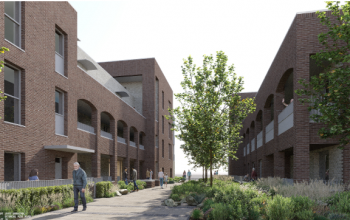The Commission on Race and Ethnic Disparities found on March 31 that the UK did not have a system rigged against people from ethnic minorities, but the job cuts that ethnic minority communities have faced suggest otherwise.
Analysis from the Trades Union Congress (TUC) in January found that Black, Asian and minority ethnic (BAME) people had suffered the most in terms of job loss during the pandemic.
In the year to September 2020, the number of ethnic minority people in employment dropped 5.3 per cent compared with 0.2 per cent among white people.
TUC general secretary Frances O’Grady said: “BME [Black and minority ethnic] workers have borne the brunt of the economic impact of this pandemic.
“In every industry, where jobs have gone, BME people have been more likely to be made unemployed.”
Evidence from the TUC also showed that these groups of people were more likely than white people to work in insecure jobs.
BAME women were most affected, with the Congress reporting an unemployment rate of 8.8 per cent between July and September 2020 compared to 5 per cent for white men.
The pandemic is not the first time this inequality has been highlighted, with Government statistics from 2019 showing only 66 per cent of the BAME community were in employment, compared with 78 per cent of white people.
Under the Equality Act 2010, companies are not allowed to discriminate against people at work in relation to their race, and other factors.
But Patrick Roach, Chairman of the TUC Anti-Racism Task Force, said: “During previous economic downturns, [BAME] workers have been ‘first out and last in’.
“The government needs to address the causes and effects of structural racism and set out a national recovery plan that works for everyone.”





